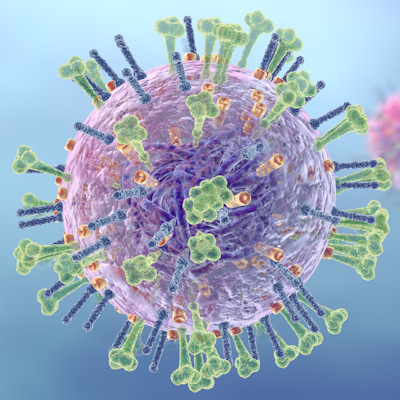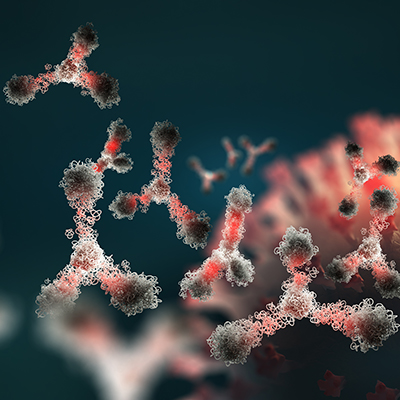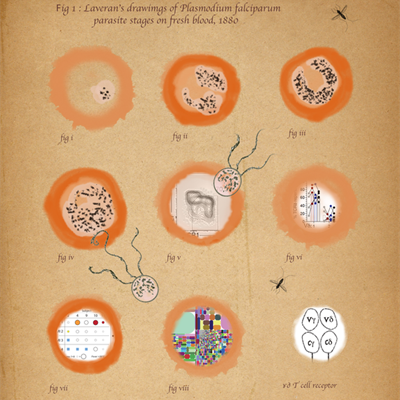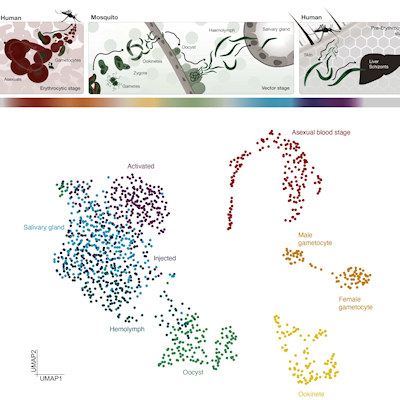December 2, 2022 -- George Washington University-led research shows that COVID-19 fighting mRNA technology might save lives, prevent illness, and help eliminate malaria. Their study, published December 1 in the journal npj Vaccines, could usher in a new generation of malaria vaccines, the scientists contend.
Malaria occurs in 90 countries worldwide, causing up to 627,000 deaths every year. Yet highly effective vaccines remain elusive. Of the four parasite species that cause malaria, Plasmodium falciparum, transmitted through a female Anopheles mosquito bite, is deadliest to humans.
Researchers developed two mRNA vaccines to disrupt different parts of the parasite's life cycle. They immunized one group of mice with a mRNA vaccine targeting a protein that helps the parasites move through the body and invade the liver, and another group of mice with a vaccine targeting a protein that helps parasites reproduce in a mosquito's midgut.
Both vaccines induced a potent immune response in the mice and effectively reduced infection in the host and in the mosquito vector. The presence of protective antibodies during parasite transmission to healthy mosquitoes significantly reduced the mosquitoes' parasite load, disrupting malaria transmission. The vaccines induced powerful immune responses regardless of whether they were given individually or in combination.
To compare the mRNA vaccines with other nucleic acid-based vaccines, researchers repeated the experiment using DNA plasmids. The mRNA vaccines induced superior immune responses. The team has filed for a patent and hopes to continue studies in non-human primates, with the goal of producing safe human vaccines.
"To have a vaccine cocktail that can effectively disrupt multiple parts of the malaria parasite's life cycle is one of the holy grails of malaria vaccine development," co-author Nirbhay Kumar, PhD, professor in the Department of Global Health at the George Washington University Milken Institute School of Public Health, said in a statement.
Copyright © 2022 scienceboard.net











